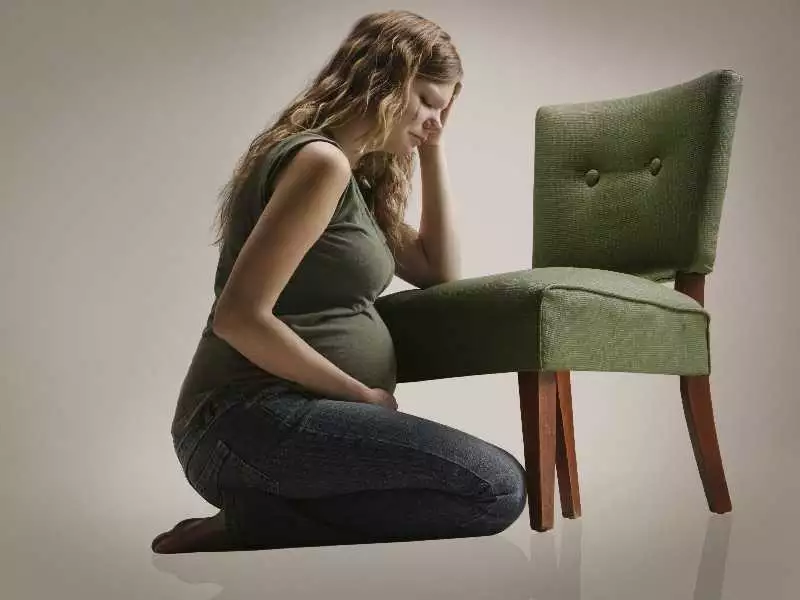Childbirth is a special event, arousing many emotions. We do everything to prepare ourselves as well as possible for it. Fear of the unknown accompanies every first-time mum. However, when the fear gets out of control, we are dealing with tocophobia.
Tokophobia as an anxiety disorder
Tokophobia is classed as an anxiety disorder. However, the specific diagnostic criteria needed to diagnose this disorder have not yet been defined. Among the types of panic fear of childbirth, we can distinguish: primary tocophobia (in women giving birth for the first time) and secondary tocophobia (occurring as a consequence of a traumatic previous birth). The fear of childbirth that occurs during pregnancy is not constant. Its level increases particularly in the third trimester. However, the pregnant woman's body strives to maintain homeostasis. The results of the study showed that, despite the increase in anxiety, the levels of hormones accompanying the stress response did not increase. The cardiovascular function is also not affected by this fear. These data are relevant for the neurobehavioural development of the child.
Sources and symptoms of anxiety
The occurrence of tokophobia can be determined by a number of factors. Among these are a reduced pain sensitivity threshold and low self-esteem. The incidence of this disorder has been observed more often in younger, economically disadvantaged or less educated women. Women who have experienced physical or sexual violence also belong to a particular risk group. Social messages also play a special role. Often, the only source of knowledge about childbirth is the frightening accounts of women's friends or even their own mothers.
The sources of fear are most often:
- pain,
- loss of control,
- lack of strength,
- death of oneself or one's child,
- fear of giving birth to a child with a physical or mental handicap, and
- lack of trust in the team providing medical care.
Although there are no diagnostic criteria, it is possible to distinguish the symptoms that accompany most cases. These are:
- recurrent nightmares,
- persistent anxiety,
- occupational dysfunction,
- difficulties in daily functioning, as well as
- psychosomatic symptoms: abdominal pain and vomiting (occurring more frequently than in healthy women).

photo: pantherstock
Symptoms may also include specific groups of behaviours such as:
- delaying the decision or giving up being a mum altogether,
- using several methods of contraception at the same time,
- complete abandonment of sexual intercourse until assurances are given that a caesarean section can be performed, and even requesting a vasectomy and sterilisation.









